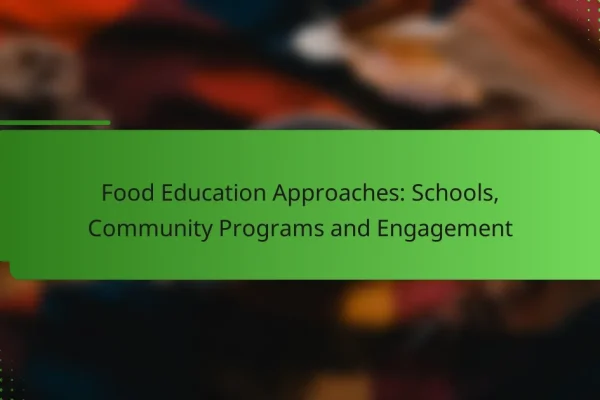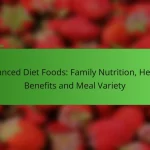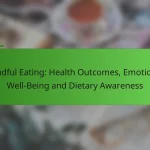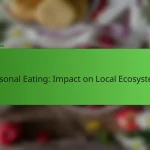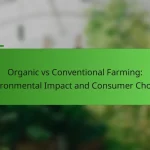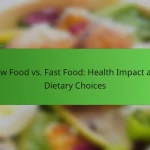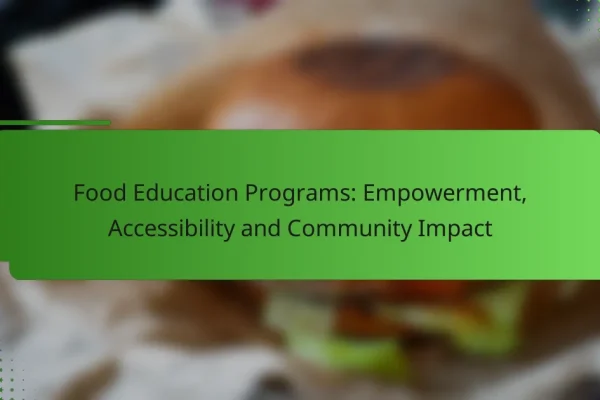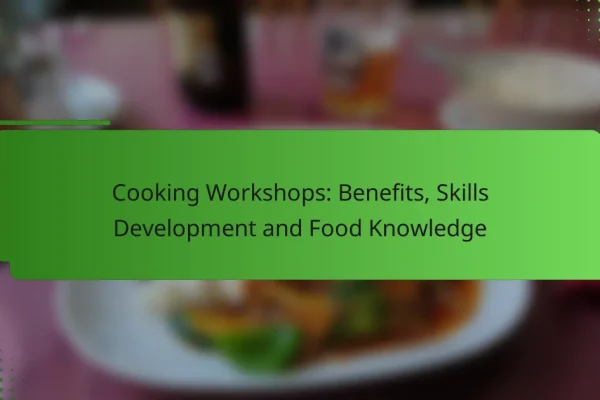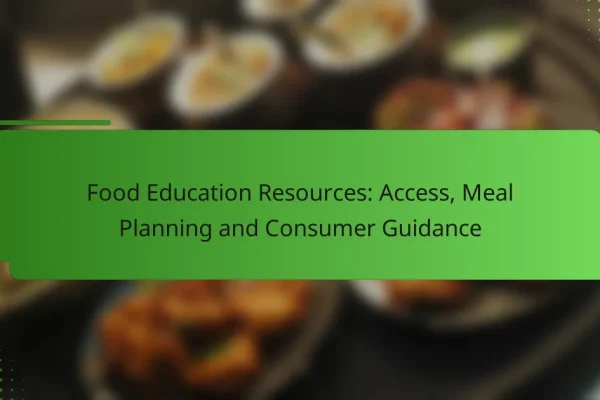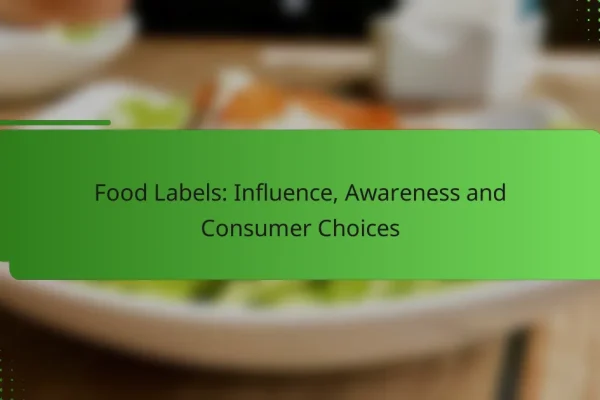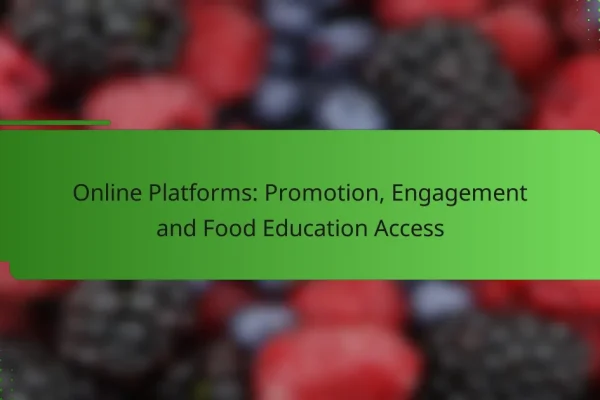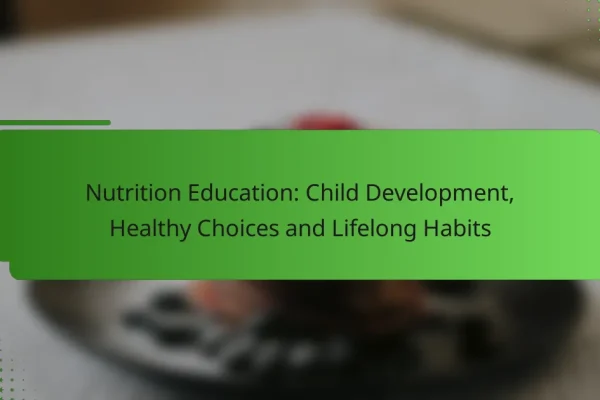How can Slow Food enhance food education in urban areas?
Slow Food can significantly enhance food education in urban areas by promoting awareness of local food systems, sustainable practices, and the cultural significance of food. Through various initiatives, it fosters community engagement and empowers individuals to make informed food choices.
Community workshops
Community workshops are a vital component of Slow Food’s educational efforts. These hands-on sessions often focus on cooking techniques, food preservation, and the benefits of local ingredients. Participants can learn to prepare traditional dishes while understanding the importance of sourcing food sustainably.
Workshops can vary in length, from a few hours to several weeks, and often involve collaboration with local chefs or farmers. This direct interaction helps build relationships within the community and encourages participants to support local food producers.
School programs
School programs are essential for instilling food education in younger generations. Slow Food initiatives in schools often include garden projects, where students can grow their own vegetables, providing a practical understanding of food production. These programs typically integrate lessons on nutrition, cooking, and the environmental impact of food choices.
Schools may partner with local farms to provide fresh produce for meals, reinforcing the connection between food sources and healthy eating. Engaging students in food-related activities can lead to lifelong healthy habits and a greater appreciation for local food systems.
Online courses
Online courses offer flexible learning opportunities for individuals interested in Slow Food principles. These courses can cover a range of topics, including sustainable agriculture, food history, and culinary skills. Participants can access materials at their own pace, making it easier to fit education into busy schedules.
Many online platforms provide interactive elements, such as discussion forums and live cooking demonstrations, which enhance the learning experience. These courses can be particularly beneficial for urban residents who may not have easy access to local food education resources.
What are the benefits of Slow Food education?
Slow Food education offers numerous advantages, including fostering a deeper appreciation for local food systems and promoting healthier eating habits. By engaging with food on a more meaningful level, individuals can enhance their culinary knowledge while supporting sustainable practices.
Promotes local agriculture
Slow Food education emphasizes the importance of local agriculture by encouraging consumers to source ingredients from nearby farms and markets. This not only supports local economies but also reduces the carbon footprint associated with transporting food over long distances.
Participating in local food initiatives, such as farmers’ markets or community-supported agriculture (CSA) programs, allows individuals to connect with producers and understand the origins of their food. This connection can lead to a greater appreciation for seasonal and regional produce.
Encourages sustainable practices
Through Slow Food education, individuals learn about sustainable agricultural practices that prioritize environmental health. This includes understanding the benefits of organic farming, crop rotation, and biodiversity, which contribute to soil health and ecosystem balance.
Adopting sustainable practices at home, such as composting and reducing food waste, can further enhance the impact of Slow Food education. Simple actions like planning meals and using leftovers creatively can significantly minimize waste and promote a more sustainable lifestyle.
Enhances culinary skills
Slow Food education enhances culinary skills by teaching individuals how to prepare and cook with fresh, local ingredients. This hands-on approach fosters confidence in the kitchen and encourages experimentation with flavors and techniques.
Workshops and cooking classes often focus on traditional methods and recipes that highlight the unique characteristics of local produce. By learning these skills, individuals can create delicious meals that reflect their cultural heritage and the bounty of their region.
Which organizations support Slow Food education?
Several organizations play a crucial role in promoting Slow Food education, focusing on sustainable practices, local food systems, and culinary traditions. These groups work to raise awareness and provide resources for individuals and communities interested in embracing the Slow Food philosophy.
Slow Food International
Slow Food International is the global umbrella organization that advocates for food education and sustainable agriculture. It offers a variety of programs and resources aimed at connecting consumers with local producers and preserving traditional food cultures. Through initiatives like the Ark of Taste, they highlight endangered foods and promote biodiversity.
Local food cooperatives
Local food cooperatives are community-based organizations that support Slow Food education by facilitating direct connections between consumers and local farmers. These cooperatives often host workshops, cooking classes, and farm tours to educate members about seasonal produce and sustainable practices. Joining a cooperative can provide access to fresh, local ingredients while fostering a sense of community.
Non-profit educational groups
Numerous non-profit educational groups focus on food literacy and sustainable practices aligned with the Slow Food movement. These organizations often provide hands-on training, resources, and advocacy for healthy eating and environmental stewardship. Examples include community gardens and cooking schools that emphasize the importance of local, organic ingredients and traditional cooking methods.
How to implement Slow Food principles in schools?
Implementing Slow Food principles in schools involves integrating food education into the curriculum, creating school gardens, and organizing field trips to local farms. These strategies help students understand the importance of sustainable food practices and foster a connection to their food sources.
Curriculum integration
Integrating Slow Food principles into the curriculum can be achieved by incorporating lessons on nutrition, food systems, and sustainability across subjects. For example, science classes can explore the biology of plants, while social studies can discuss the cultural significance of local foods.
Teachers should aim to create interdisciplinary projects that engage students in hands-on learning experiences. This could include cooking classes, where students learn to prepare meals using seasonal ingredients, or projects that analyze the environmental impact of food choices.
School gardens
Establishing school gardens provides students with practical experience in growing food and understanding the agricultural process. These gardens can serve as living classrooms where students learn about plant biology, ecology, and the importance of biodiversity.
To start a school garden, schools should consider factors such as available space, soil quality, and climate. Engaging students in the planning and maintenance of the garden fosters responsibility and teamwork, while also promoting healthy eating habits.
Field trips to local farms
Field trips to local farms offer students the opportunity to see food production firsthand and understand the journey food takes from farm to table. These visits can highlight the importance of supporting local agriculture and sustainable farming practices.
When planning field trips, schools should seek out farms that align with Slow Food principles, such as those practicing organic farming or community-supported agriculture. Students can participate in activities like harvesting or cooking demonstrations, making the experience both educational and enjoyable.
What resources are available for Slow Food educators?
Slow Food educators can access a variety of resources designed to enhance food education. These include books, online platforms, and networking events that provide valuable information and community support.
Books and publications
Numerous books and publications focus on Slow Food principles and practices, offering insights into sustainable agriculture, local food systems, and culinary traditions. Titles such as “Slow Food: The Case for Taste” and “The Art of Simple Food” are excellent starting points.
Additionally, journals and magazines like “Edible Communities” provide ongoing articles and resources that keep educators updated on trends and best practices in the Slow Food movement.
Online platforms
Online platforms such as the Slow Food website and social media channels serve as hubs for information sharing and community engagement. These platforms often feature educational materials, recipes, and event announcements.
Webinars and online courses offered by organizations like Slow Food International can also enhance educators’ knowledge and teaching methods, making it easier to incorporate Slow Food concepts into their curriculum.
Networking events
Networking events, including local chapter meetings and international conferences, provide opportunities for Slow Food educators to connect with peers and experts. These gatherings facilitate the exchange of ideas and resources, fostering collaboration.
Participating in events such as the Slow Food Terra Madre can help educators gain insights into global food issues while building a supportive community focused on sustainable practices.
